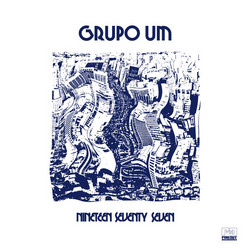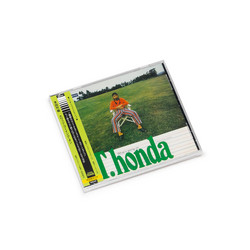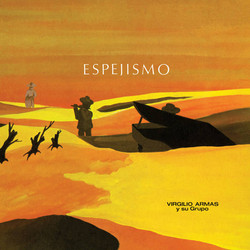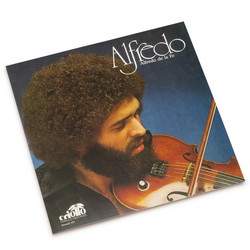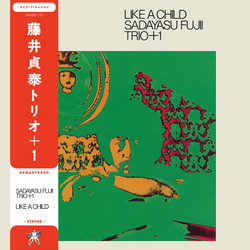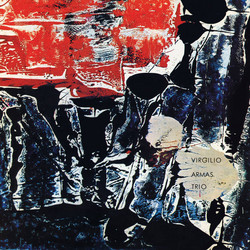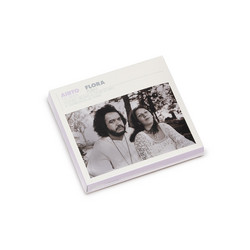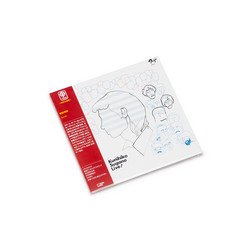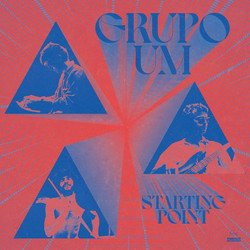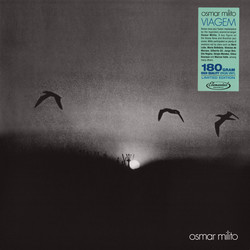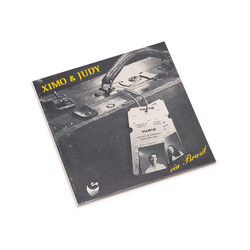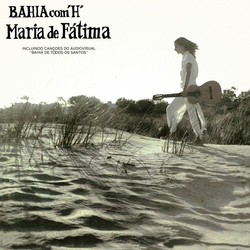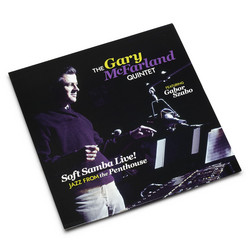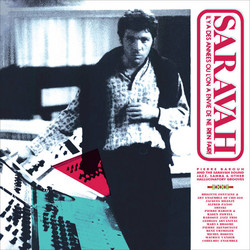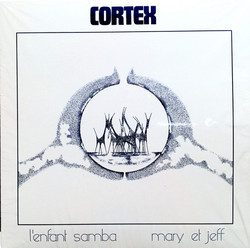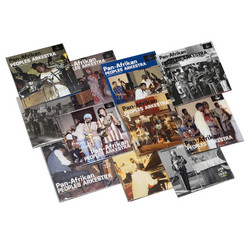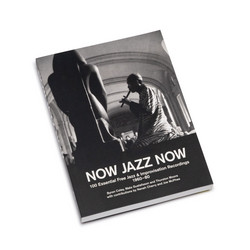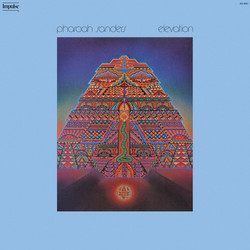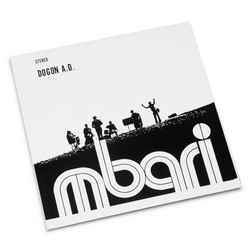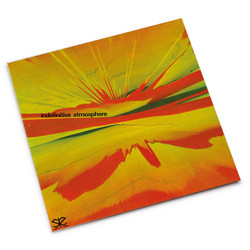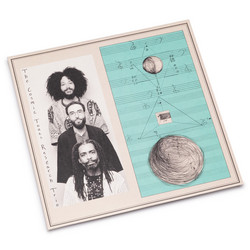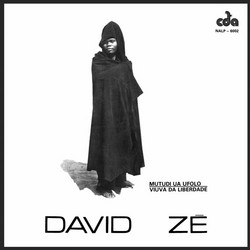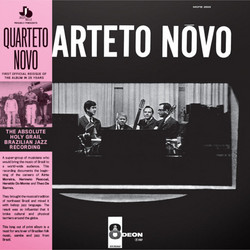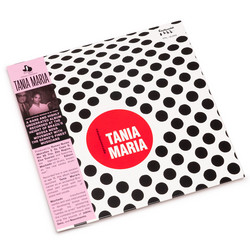The return of Abaete—the lone, self-titled release of the Bahian vocal trio Abaete—marks a renewed appreciation for one of Brazilian music’s most charismatic hidden documents. Initially released in 1977 and scarcely distributed, the album captures the fervor of Bahia’s jazz-funk experimentation at a moment when regional musicians were forging their own idiom, balancing urbane samba traditions with emergent funk and electric influences. Despite the scarcity of documentation about the group, the music speaks with clarity: twelve tracks revel in breezy harmonies, deftly arranged samba-funk cadences, and the presence of synthesizers that extend the trio’s sound into otherworldly territory. The album meanders with a rhythmic looseness that recalls Bahia’s musical geography, yet its arrangements are deliberate, underpinning the vocal interplay with both acoustic instrumentation and inventive, grooving keyboard lines. These elements, coupled with a production touch from Waldir Lombardo Pinheiro—known for work with Tom Zé and Zeca Do Trombone—push the album into a rare register of period funk, adorned by local flavor but free from affectation.
Known for writing for Clara Nunes and Elza Soares while remaining enigmatic as performers, Abaete made a brief but undeniably resonant contribution to the regional canon. Their album is peppered with dynamic shifts—from the galloping energy of tracks like “Pisa no taboado” to reflective, earthy passages as in “Canto Sul”—but maintains a consistent sense of uplift and expressive camaraderie. The inclusion of analog synthesizers, still unusual for samba groups at the time, marks the record as quietly progressive, its textures and timbres offering an innovative counterpoint to more traditional formats. Long out of print but recently reissued, Abaete invites into its groove not only collectors and historians, but also new audiences seeking the subtle intensity and warmth of 1970s Brazilian fusion. This is music that retains wit and vitality, drawing upon local cultural motifs while freely shaping them—a small but vital point of intersection between identity, improvisation, and the wild promise of groove.
